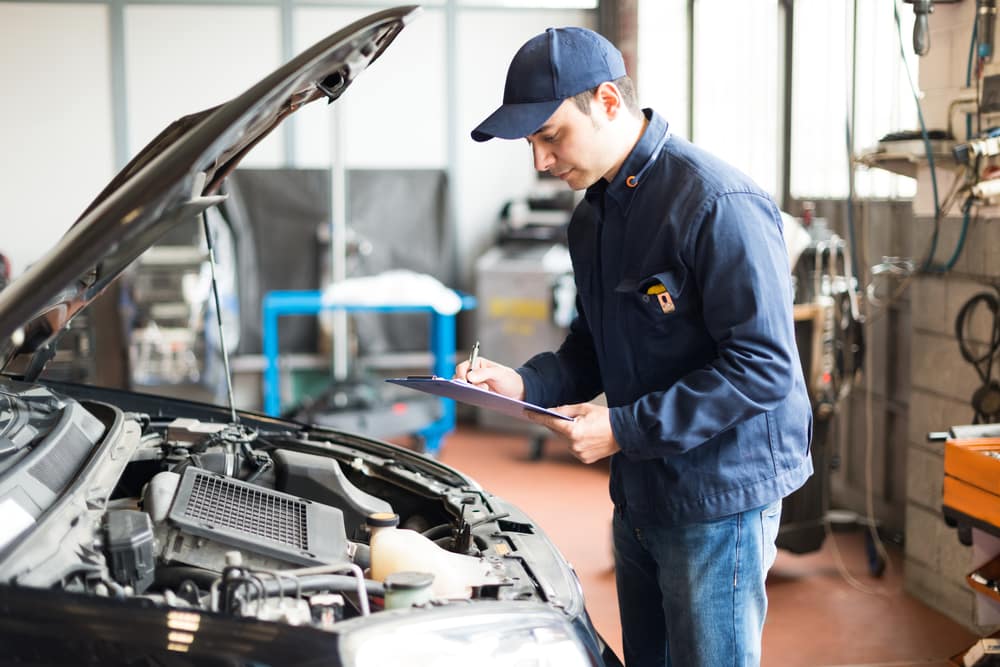Being a pro at buying a used car from a dealer requires careful planning. These actions prepare the ground for a profitable and fulfilling acquisition, from thorough planning and research to careful inspections and negotiations.
Do Your Research Before Going to the Dealer
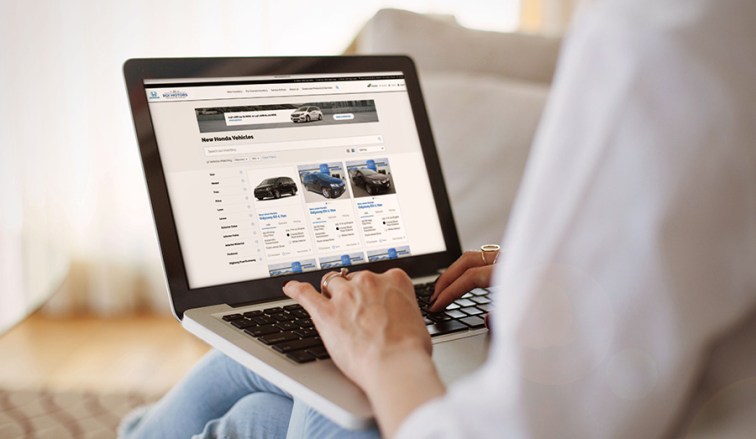
Don’t walk into a dealership blind. Spend time researching before you go so you can negotiate from a position of knowledge.
Check Used Car Listings Online
Search online by make, model, price and features so you have an idea of what to expect. Compare mileage, condition and asking prices.
Read Reviews of the Dealer
See what current and past customers have to say about the dealer. Look for information on their pricing, customer service and quality of vehicles. Watch out for dealers with consistently negative reviews.
Determine Your Budget
Figure out the monthly payment and total price you can reasonably afford. Factor in potential maintenance and repair costs for higher mileage vehicles.
Research Used Car Prices
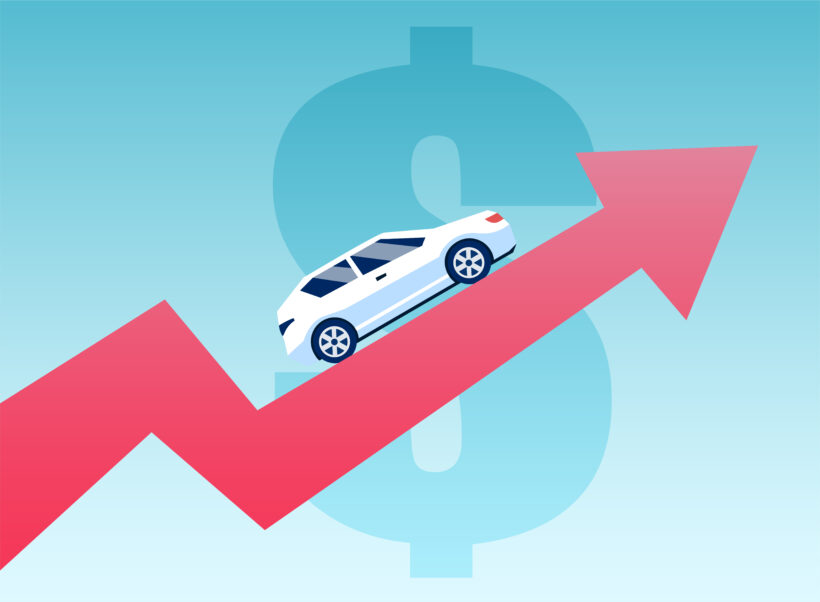
Use NADA Guides, Kelley Blue Book and Edmunds to estimate the fair purchase price based on the car’s year, make, model and options. This prevents overpaying.
Consider Certified Pre-Owned (CPO) Vehicles
CPO cars come with extended warranty coverage, undergo rigorous multi-point inspections and must meet certain standards to qualify. While CPO cars are more expensive than regular used cars, they provide peace of mind.
Come Prepared with Financing
Getting preapproved for an auto loan before buying a used car from a dealer, gives you leverage to negotiate the purchase price without worrying about interest rates. Shop around at banks and credit unions to find the best deal.
Take Someone Along to Help Inspect
Bringing an experienced friend or family member when test driving and inspecting vehicles means extra eyes to spot issues. Their objective perspective provides balance against falling in love with a flawed car.
Don’t Buy Extras You Don’t Need
Sales associates make commissions pushing extra services and add-ons like extended warranties, VIN etching, fabric protection, upgraded floor mats and more. Be wary of these upsells which boost the dealer’s profits at your expense.
Obtain a Vehicle History Report
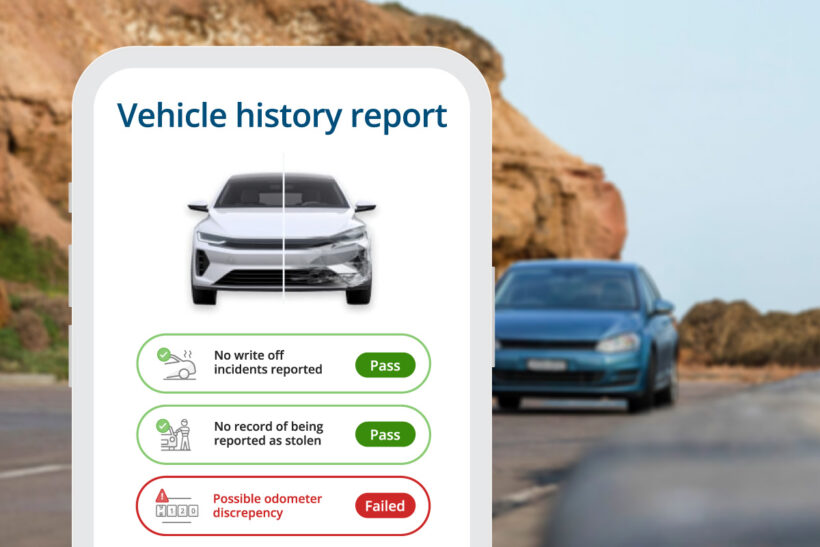
Pay for a vehicle history report from CARFAX or AutoCheck to learn about its ownership history, accident details, number of previous owners, service records and any title issues. Hidden problems exposed on reports provide bargaining chips.
Factor in Future Repair Costs
Consider not just the sale price but also future repair and maintenance costs for items like brakes, tires, hoses and belts. Set aside savings to cover these replacement parts as vehicles age.
Take a Test Drive Longer Than 15 Minutes
Don’t limit yourself to a quick spin around the block. Take at least a 30-60 minute test drive to observe how the vehicle performs at length. You want a true sense of comfort and capability.
Sleep on It Before Committing
Don’t get pressured into buying on the spot. Say you need 24 hours to think it over. This cooling off period lets you carefully weigh pros and cons of major purchases without sales tactics influencing emotions.
Conduct a Thorough Post-Purchase Inspection
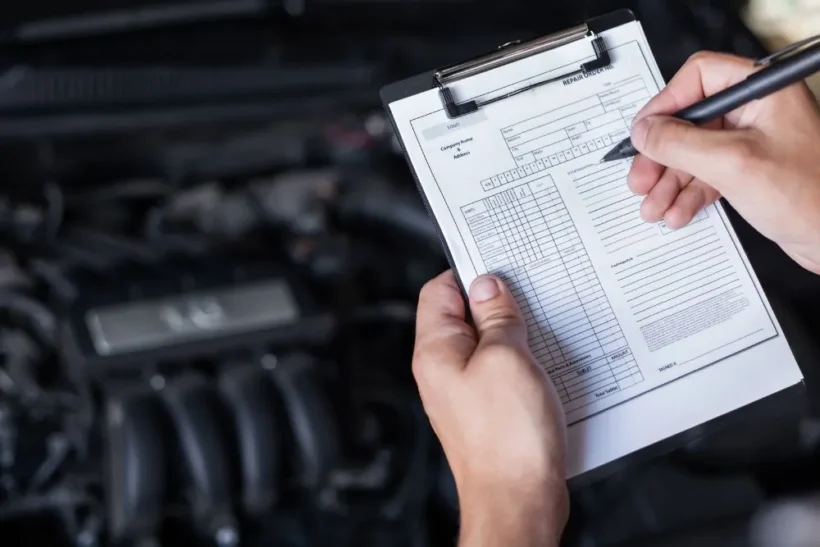
Just because you signed paperwork and drove it home doesn’t mean you found every issue. Have your own mechanic thoroughly inspect the vehicle immediately after purchase to leverage the dealer’s return policy if they find major mechanical problems. This safety net protects against potentially missing hidden defects during initial inspections.
Monitor Advertisements After Purchase
Check ads for similar vehicles at other area dealers for a few weeks following your purchase. If you see the same vehicle offered significantly cheaper elsewhere, approach your dealer about getting reimbursed the difference since their price guarantee promises the lowest prices.
Keep Records of Maintenance and Repairs
After buying a used car, keep detailed records of all maintenance and repairs performed, including dates/mileages and costs. Save all repair invoices and receipts. Keeping maintenance histories helps document that proper vehicle care was followed, which bolsters resale value when it comes time to sell or trade in the used car later.
Inspect the Car Thoroughly
Before buying a used car from a dealer, evaluate the car yourself inside and out.
- Check the Exterior: Look for dents, scratches, mismatched paint and accident damage. Examine the tires for tread wear. Signs of abuse or neglect are red flags.
- Look Under the Hood: Make sure all fluids are filled, belts/hoses are in good shape and the battery connections are free of corrosion. Look for leaks and damage.
- Test Drive the Car: Drive at various speeds, on hills, highways and over rough terrain if possible. Check for any unusual sounds, smells, vibrations or handling issues. Test all controls.
- Have a Mechanic Inspect It: A trusted mechanic can spot problems you might miss. Paying for an inspection now prevents bigger issues down the road.
- Negotiate the Best Deal: Haggle politely to get the fairest price and terms on the car and financing.
- Be Ready to Walk Away: Never fall in love with a car. Being willing to walk away puts you in a position of power when negotiating.
- Get Quotes from Other Dealers: Competing dealer quotes keep them honest on pricing. Use quotes for leverage to get a lower price.
- Point Out Flaws to Get a Lower Price: Politely point out any flaws or defects found during inspection to ask for a lower price. Most dealers will lower the asking price or get the car repaired.
- Negotiate the Financing Terms: If financing, shop around at banks/credit unions first. Then negotiate the best rates and terms through the dealer.
As you gather quotes from different dealers, consider including reputable car dealerships like Budgen Motors in your comparison. Independent dealerships often have competitive prices for used cars which can provide you with a solid benchmark for your negotiations.
Conclusion
Researching, inspecting, test driving, having a mechanic check it out and negotiating effectively based on pricing data are the keys to getting a good deal on a used car. Approach buying a used car from a dealer with caution, understand your budget limitations and don’t get emotionally attached to any car.
Review all paperwork carefully to ensure it matches verbal agreements before signing. If you follow these tips, you are much more likely to have a positive experience and make a wise used car purchase at a fair price.


